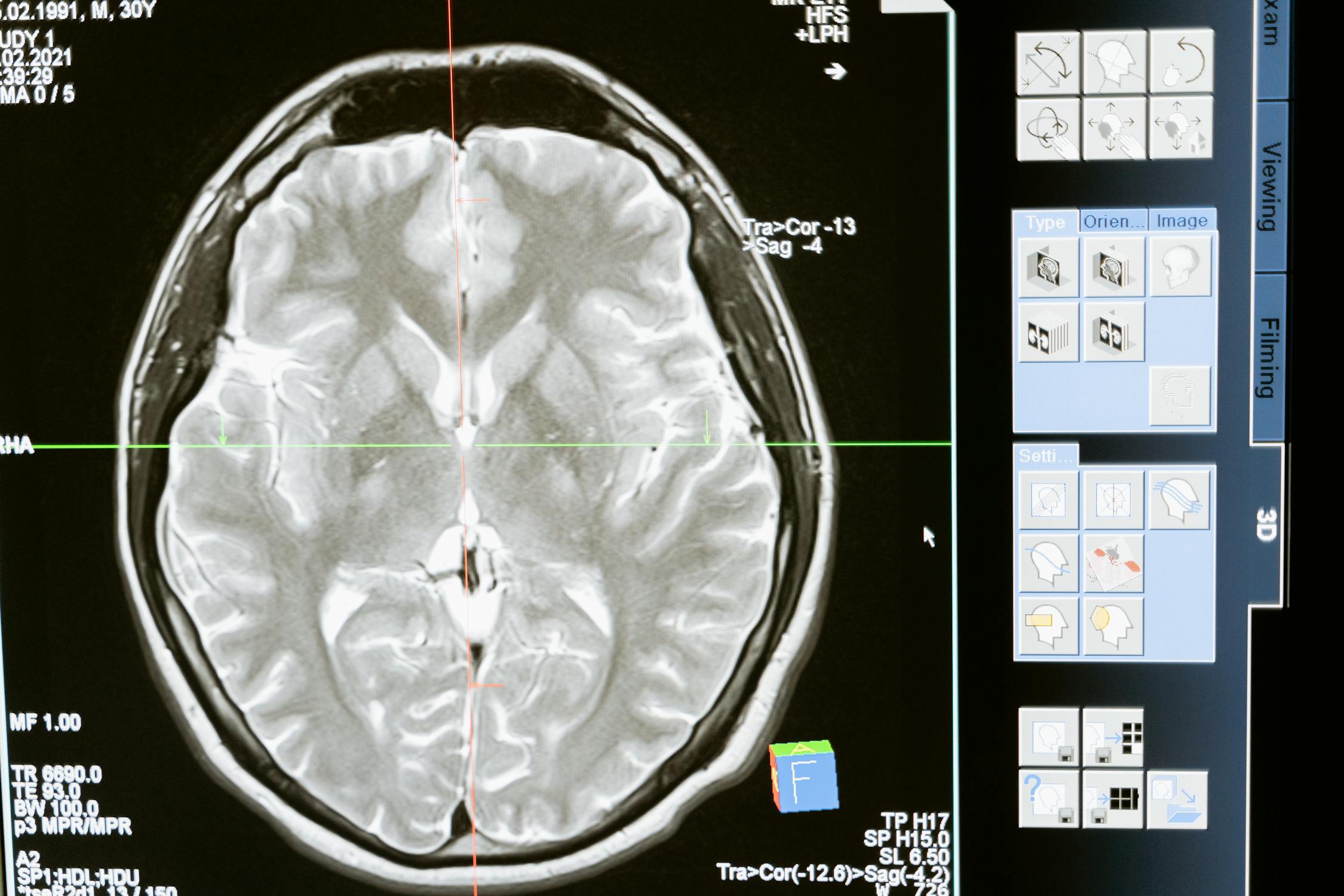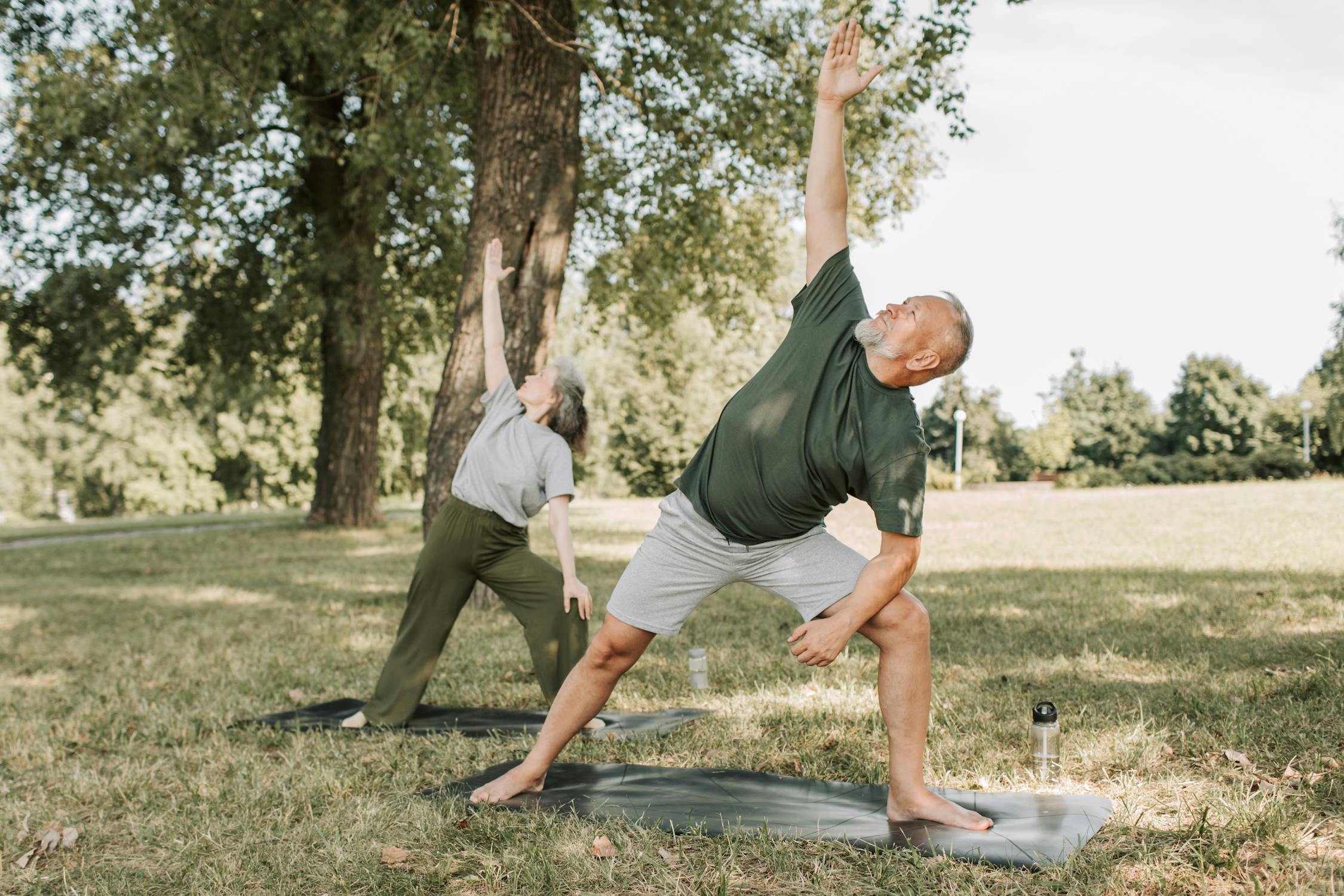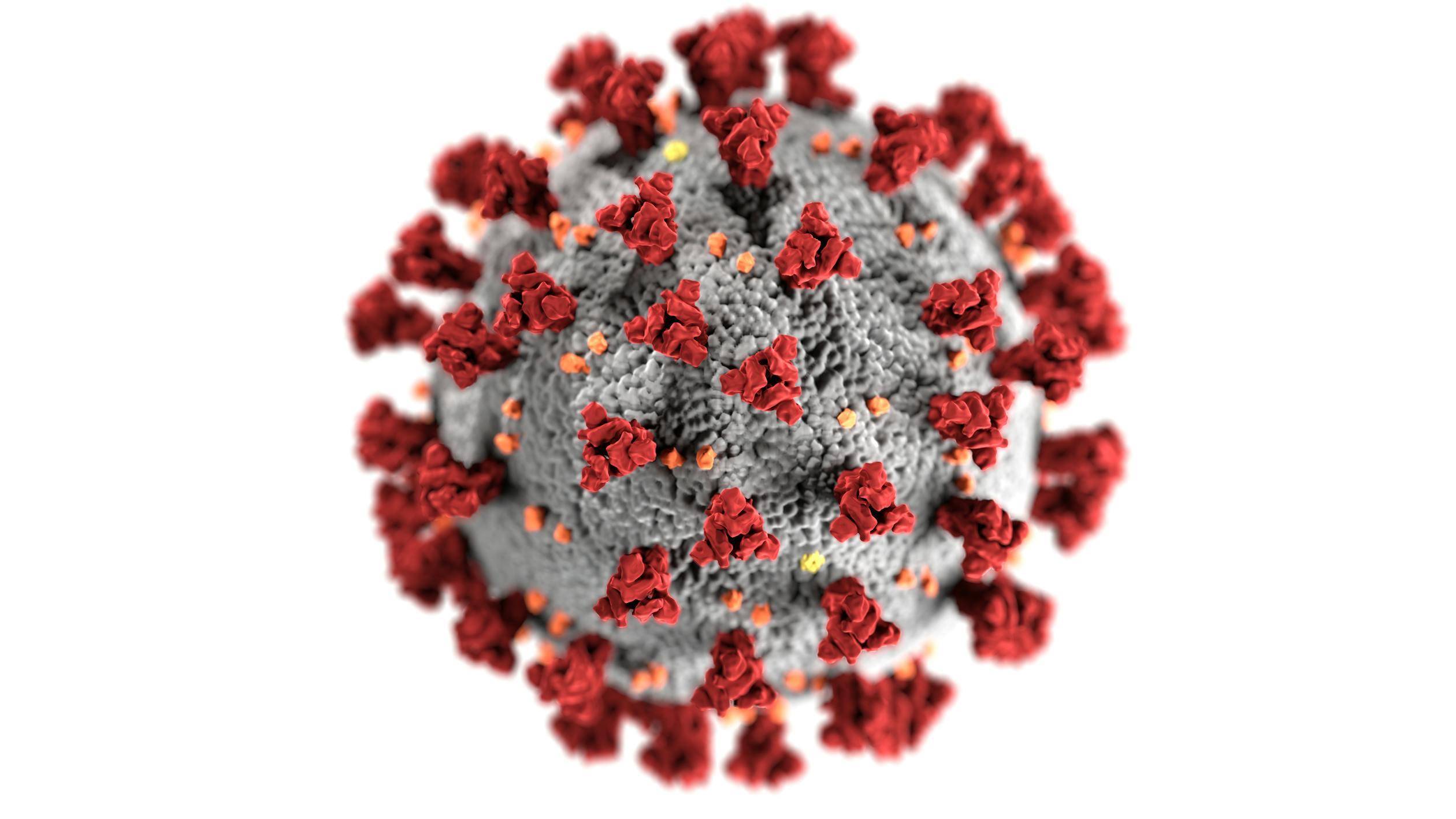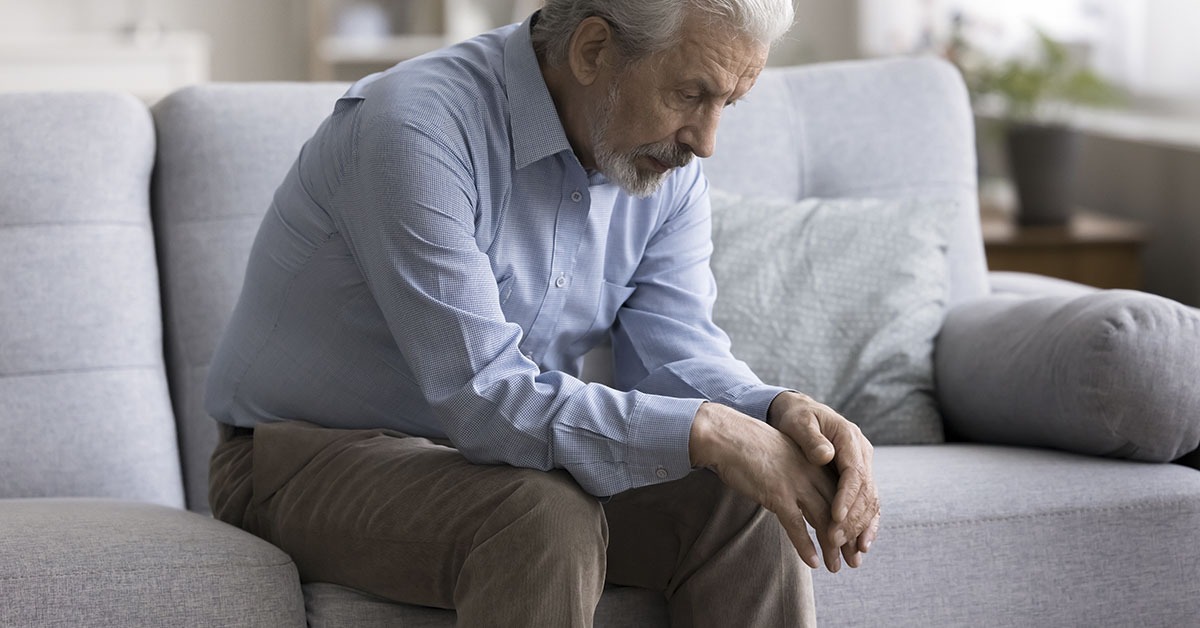Dementia is becoming an ever-growing concern, with cases rising at an alarming rate across the globe. But here’s the shocking part: a large portion of these cases could actually be prevented with some simple lifestyle changes. Dr. Joel Salinas, a respected behavioral neurologist and associate professor at NYU Grossman School of Medicine, has uncovered some startling facts about dementia that everyone needs to know. While age is still the biggest risk factor, Dr. Salinas reveals how certain habits and choices we make every day could dramatically reduce our risk. If you think dementia is inevitable as we age, think again. Read on to learn how you can take control of your brain health and potentially prevent the onset of this debilitating condition.
The Growing Concern of Dementia

Dementia is becoming an increasing concern worldwide, with numbers steadily rising. The pandemic may have played a role in accelerating the onset of symptoms, especially due to social isolation and stress. Dr. Salinas explains that after age 65, the risk of dementia increases, with the likelihood climbing to nearly 50% for those over 85. While we can’t control age, we can make lifestyle changes to reduce the risk.
A major study published last year in The Lancet found that nearly half of dementia cases are potentially preventable. Factors such as diet, physical activity, and mental engagement play crucial roles in lowering the risk. According to Dr. Salinas, it’s not just about avoiding certain diseases but also about maintaining overall brain health throughout life.
What Causes Dementia?

Dementia has many causes, including genetic factors, lifestyle choices, and environmental factors. Alzheimer’s disease is the most well-known form, but vascular dementia, which is related to blood flow to the brain, is also prevalent. Dr. Salinas points out that the brain is highly sensitive to external factors, such as high blood pressure, smoking, and poor diet. These risk factors can contribute to cognitive decline and increase the likelihood of dementia.
Other contributing factors include social isolation, which Dr. Salinas highlights as a major concern. People who experience loneliness are at a significantly higher risk of cognitive decline. In fact, research has shown that maintaining an active social life can act as a protective factor against dementia. For those already at risk, Dr. Salinas stresses the importance of early intervention to manage symptoms and slow progression.
Age: The Biggest Risk Factor

While lifestyle modifications can help reduce the risk of dementia, age remains the biggest risk factor. Dr. Salinas explains that after 65, our risk of developing dementia starts to increase. By the time we reach our 80s, the likelihood of developing dementia is about one in three. And for individuals over 85, the risk jumps to nearly one in two.
This age-related risk is partly due to natural brain changes that occur as we get older, such as a reduction in the brain’s size and slower neural activity. While we cannot stop aging, Dr. Salinas believes that healthier lifestyles can help delay the onset of dementia, allowing us to enjoy our later years with better cognitive function.
The Impact of Social Isolation and Loneliness

Social isolation has been increasingly linked to cognitive decline. Dr. Salinas points out that individuals who do not have meaningful social connections are at higher risk of dementia. Loneliness not only contributes to depression but can also trigger changes in brain function that lead to cognitive impairment. During the pandemic, many people experienced a sharp decline in social interaction, which may have accelerated symptoms of dementia for some.
Dr. Salinas further emphasizes that there is a reciprocal relationship between loneliness and dementia. “Is it the loneliness causing cognitive decline, or is it cognitive decline that leads to social isolation?” he asks. “It’s probably both.” As we age, maintaining social engagement becomes crucial for brain health. Whether it’s spending time with family, joining a community group, or staying connected through technology, fostering relationships can help prevent cognitive decline.
How to Lower Your Risk: Dr. Salinas’ Tips

Dr. Salinas provides actionable advice to help lower your risk of dementia. One of the most important factors is staying physically active. Exercise increases blood flow to the brain, promotes the growth of new brain cells, and helps prevent conditions like diabetes and hypertension, which are linked to dementia.
He also recommends a healthy, balanced diet rich in fruits, vegetables, whole grains, and healthy fats. A Mediterranean-style diet, which is high in omega-3 fatty acids, has been shown to promote brain health. Avoiding processed foods, sugars, and trans fats is equally important in maintaining cognitive function.
Read More: 10 Brain-Boosting Superfoods That May Help Support Memory and Reduce Dementia Risk
The Role of Mental Stimulation

Keeping your brain active is just as important as taking care of your body. Dr. Salinas stresses that learning new skills and engaging in mentally stimulating activities can help build cognitive reserve, which protects against cognitive decline. Simple activities like reading, doing puzzles, or even learning a new language can have significant benefits for brain health.
Additionally, staying curious and intellectually engaged can delay the onset of dementia. “It’s never too late to start engaging your brain,” Dr. Salinas says. The more you challenge your brain, the better equipped it will be to handle the challenges of aging.
Preventing Dementia: Lifestyle Changes You Can Make Today

Making lifestyle changes today can help reduce your risk of dementia tomorrow. Dr. Salinas advises starting with regular physical activity, a balanced diet, and staying socially connected. These habits not only lower the risk of dementia but also promote overall well-being.
Managing stress and ensuring adequate sleep are also critical. Chronic stress can accelerate cognitive decline, while poor sleep deprives the brain of necessary restoration and toxin removal. Dr. Salinas recommends mindfulness and relaxation techniques to manage stress, and he advises aiming for 7 to 8 hours of sleep per night to support brain health.
The Role of COVID-19 in Dementia Risk

Dr. Salinas believes that the pandemic may have had a profound effect on brain health. Research suggests that COVID-19 could accelerate cognitive decline, particularly in individuals who were already vulnerable to dementia. The virus affects blood vessels in the body and brain, which could increase the likelihood of cognitive impairment.
“The pandemic has introduced a new layer of complexity,” Dr. Salinas says. “While we’re still figuring out the exact connection, it’s clear that social isolation, stress, and even the virus itself may have worsened symptoms in those at risk.” Moving forward, it’s important to consider the long-term effects of COVID-19 on brain health and to continue research in this area.
Conclusion: Taking Control of Your Brain Health

While dementia is on the rise, there is a lot you can do to protect your brain health. Dr. Joel Salinas’ insights highlight the importance of lifestyle changes, such as maintaining a healthy diet, exercising regularly, and staying mentally and socially active. Age remains a major risk factor, but taking control of your health today can help reduce your risk and allow you to enjoy life with better cognitive function.
Early detection of dementia is crucial, and with the right strategies, it’s possible to slow its progression and improve quality of life. As Dr. Salinas puts it, “At a minimum, if you do end up having a condition that doesn’t have a cure, you’ll be empowered with information about your health that will help you make better decisions and plan for the future.”
Read More: Nourish Your Brain: 9 Foods to Prevent Memory Loss as You Age

